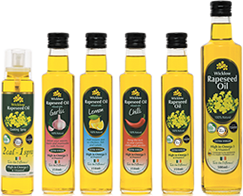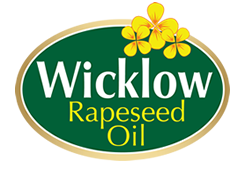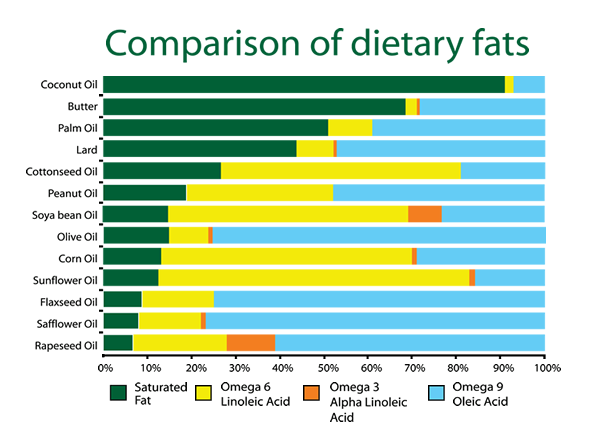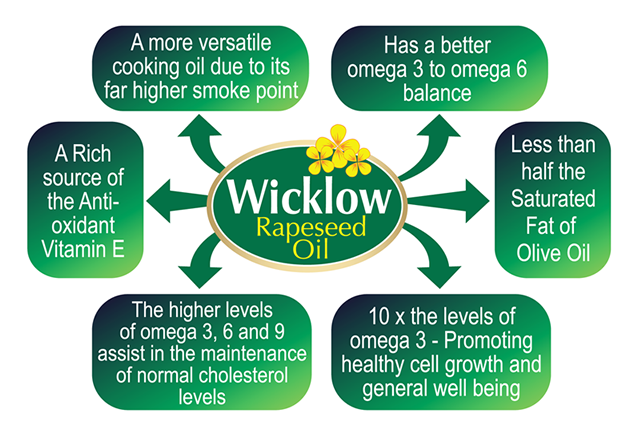Health Benefits
Rapeseed oil has less than half the saturated fat content (6%) when compared to all other cooking oils (e.g. olive oil 14%, sunflower oil 13%). To reduce the risk of heart disease and high cholesterol which are linked to a high saturated fat diet Rapeseed Oil is universally recommended for cooking.
Rapeseed oil has 52% mono-unsaturated fat (Omega 9) and 25% poly-unsaturated fat (Omega 3 & 6). Omega 9 aids brain development in unborn children and has been linked to reduced rates of premature birth and low birth weights. It also can help reduce the risk of cardiovascular disease and stroke.
Omega 3 & 6 are important essential fatty acids that we cannot produce ourselves and can only get from our food. Eating foods rich in Omega 3 fatty acids can help lower the risk of chronic diseases such as heart disease, stroke, and cancer, as well as lower LDL or “Bad Cholesterol”. Nutritionists suggest 2:1 Omega 6 to Omega 3 ratio in the diet. Rapeseed Oil strikes this balance.
Rapeseed oil contains Vitamin E. This vitamin has a number of very important functions, (e.g. it helps protect cell membranes by acting as an antioxidant). Vitamin E is also necessary to preserve Omega 3 in cooking, helping to keep its nutritional value.
High Smoke Point
In cooking, the smoke point of an oil or fat is the temperature at which it begins to break down and the goodness is lost.
The smoke point of Extra Virgin Rapeseed Oil is 200°C while the smoke point of Extra Virgin Olive Oil is 180 °C.
The significance of this difference in smoke point is that it allows one to cook with Extra Virgin Rapeseed Oil at a considerably higher temperature than Extra Virgin Olive Oil without losing its health benefits. This is the reason why Extra Virgin Olive Oils are not suitable for stir frying, roasting and marinades.
Rapeseed Oil Vs Olive Oil




